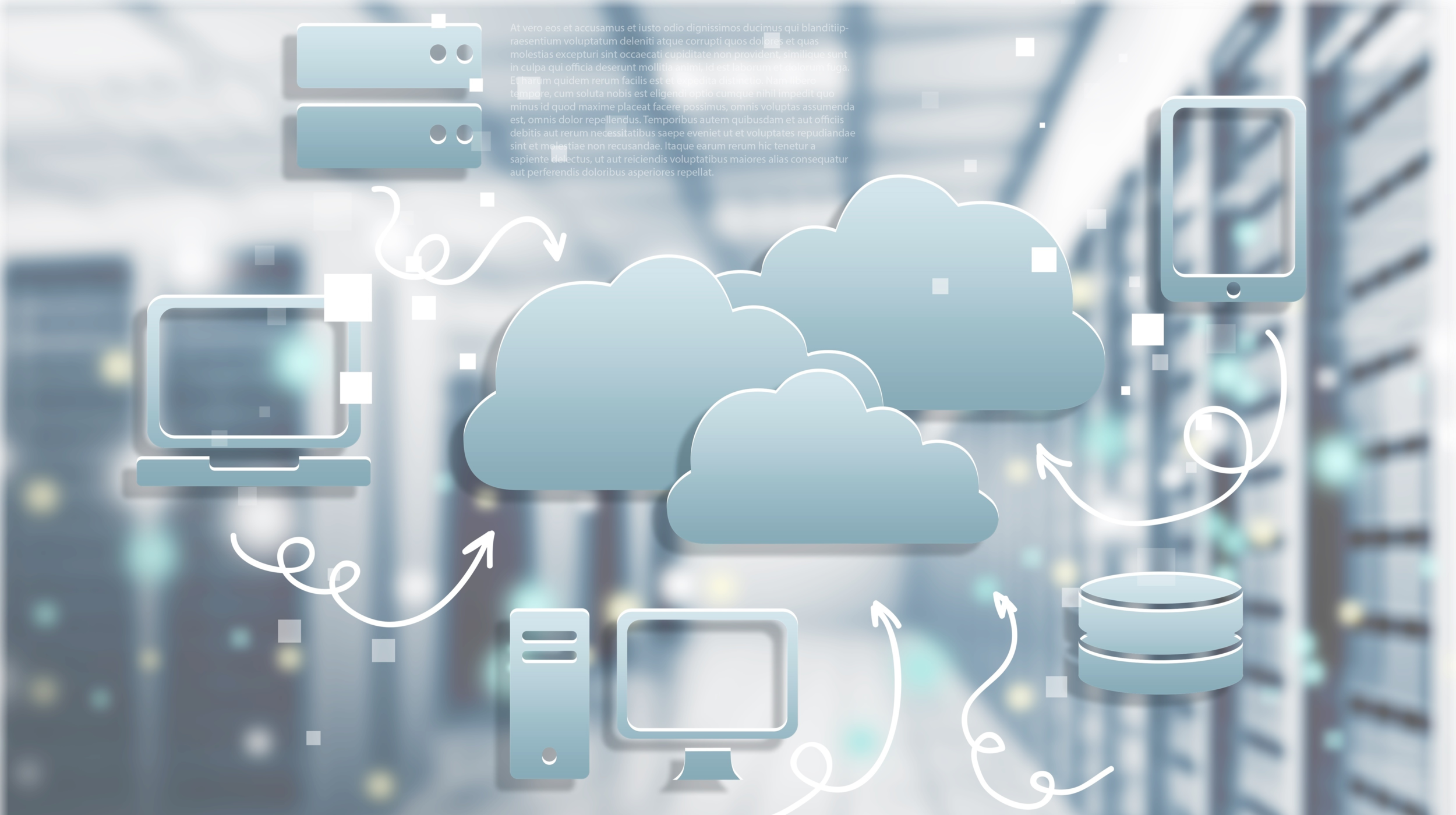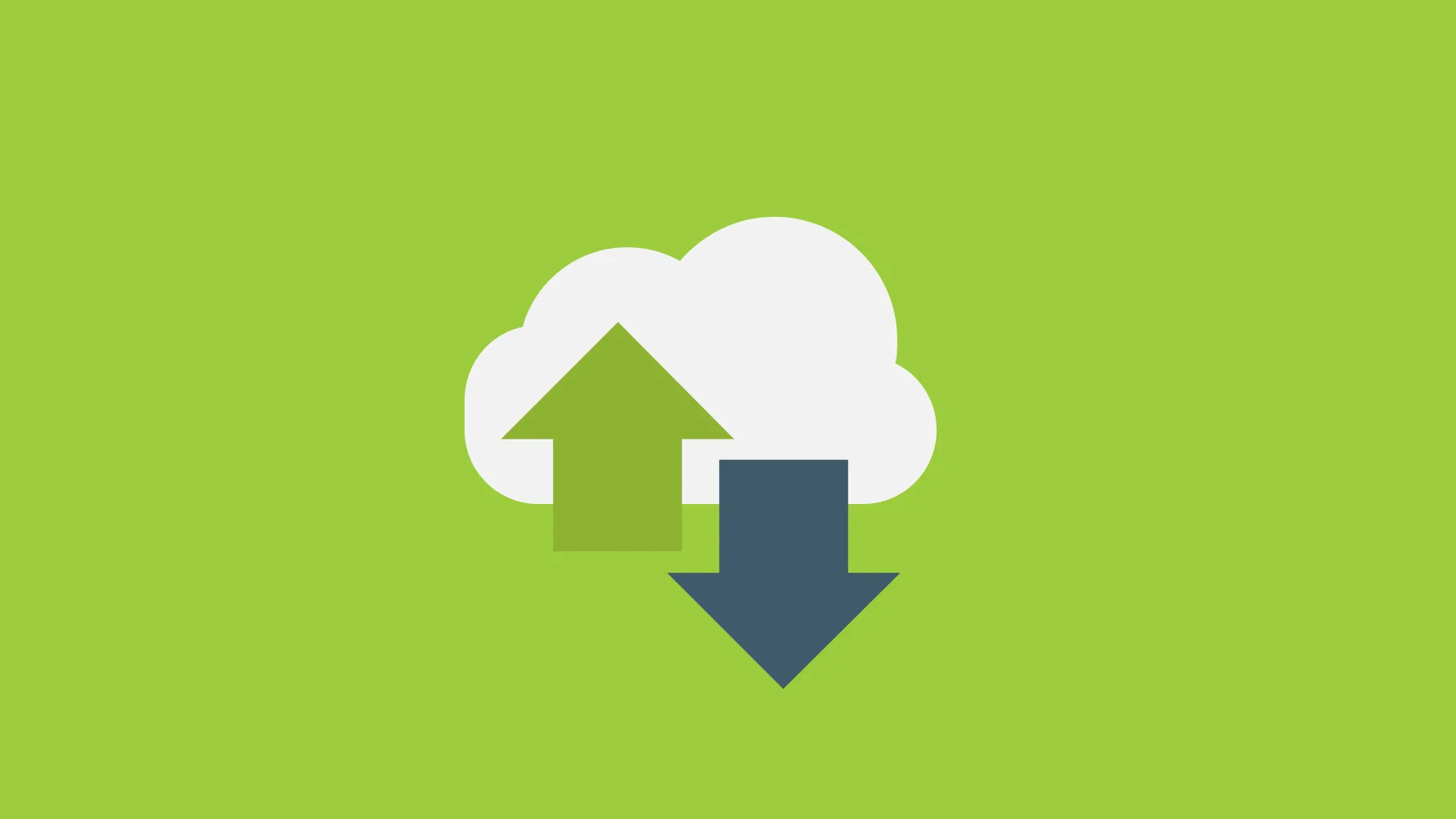OK. You pay someone to store all of your data in the cloud, as opposed to keeping it on your own server and backing it up. And you pay on an ongoing basis. How is that possibly going to be cheaper than just making a one-time investment and keeping it your self?
Let’s count the ways:
(1) You lose the hardware expense –a capital expenditure cost.
(2) If that hardware fails, you are out in the cold.
(3) Someone has to maintain that hardware. In house IT labor is expensive.
(4) If you need more capacity, you have to ramp up at a tiered level, which means you may need to buy capacity you don’t presently need
(5) All of that hardware runs on software, which costs money
(6) All of that software needs to be installed, updated, etc. (see # 3)
(7) All of that hardware and software has to run 24/7. Are you large enough to pay for in house monitoring and support 24/7? (See again #3)
(8) All of that data has to be protected with security software, which means skilled IT support and expensive virus protection
Ok. The list doesn’t end here, but this blog will. Talk to Net DirXions, Inc about how the cloud can be a really budget saver for small and medium sized firms.





